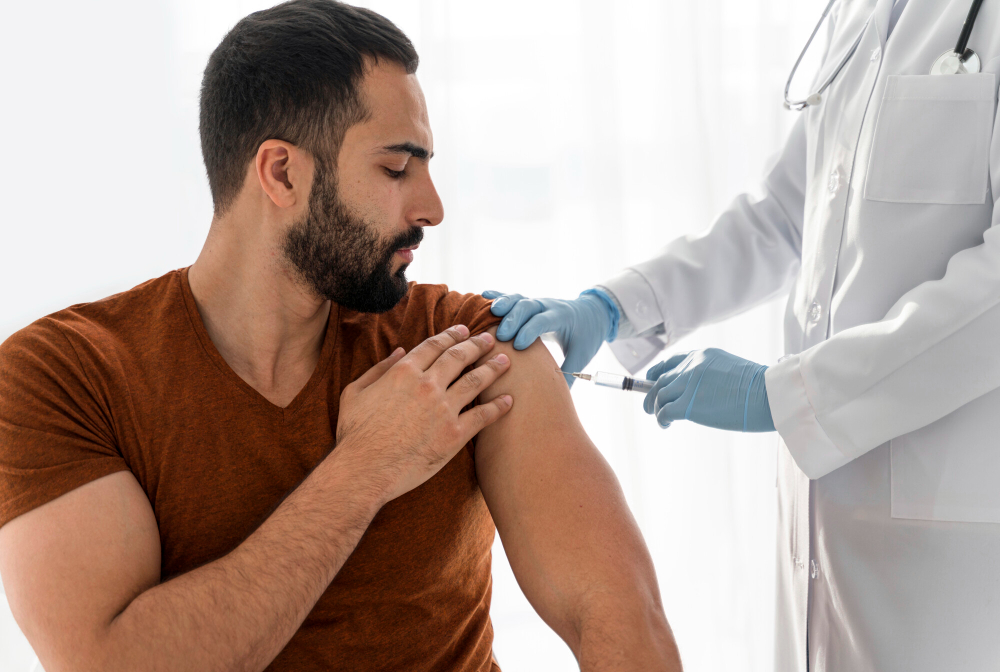Japanese encephalitisis a viral infection caused by the bite of another species of mosquito. Symptoms can either be mild fever and headache, or can they can be severe with a high fever, headache, neck stiffness, disorientation, tremors and coma. There is no treatment for the disease and it can be fatal.
Japanese encephalitis is found in parts of Asia and the Indian subcontinent. Depending on the region where you will be traveling, the risk increases during different times of the year. Increased risk is also associated with monsoons and irrigation of rice - paddy fields. Your risk is also increased if you will be spending more than two weeks in an "endemic area" (i.e. an area where the disease is so widespread that there is a great risk of contact with infected mosquitoes) particularly if this area is rural. In addition, activities such as biking, hiking, and extended outdoor exposure can put unprotected travelers at a higher risk for Japanese encephalitis.
If you will be at risk for Japanese encephalitis, the 2 or 3-dose vaccine series may be recommended.


Japanese encephalitis is found in parts of south east Asia, the Indian subcontinent and tropical north east Australia .
Travelers to south east Asia, Indian subcontinent, and tropical north east Australia (if staying for a month or longer during the transmission season, especially if travel will include rural areas). Travelers with shorter exposure periods if the risk is high, such as those spending a short period of time in rice fields (where the mosquito breeds).
Adverse reactions to Japanese Encephalitis are soreness, and redness and swelling at the injection siteas well as fevers, chills, myalgia. Severe reactions (such as lips swelling, tongue swelling, difficulty breathing, etc) following vaccination occure in about 0.6% of recipients; and less common with a new (Ixiaro) vaccine.